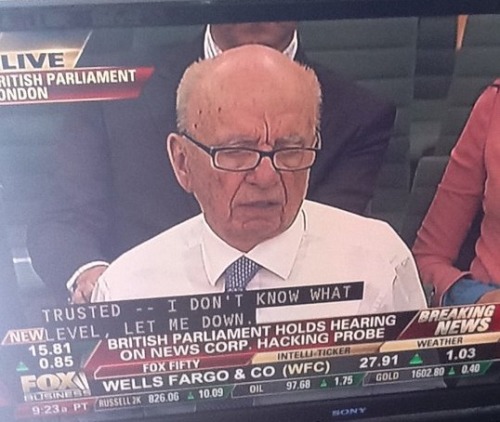Here’s the Thing is a quite brilliant web series that reduces the lives of every day people into the signature things that they own, via a commentated photographic tour of their household. Thanks to the awesome crowd sourcing power of Kickstarter the Here’s the Thing team will be touring the United States.
So what are your things? While I don’t buy into the idea that you are defined by your possessions, it is interesting to think about the impression the odds and ends in your house make about your character. This is the reason I used to take a cursory glance at bookshelves and CD collections (before the age of internet distribution) to get a feel for a person.
I think a tour of my life via our house would include the wedding picture on our wall, my bookshelves, littered with Bibles, theology books, and novels, my laptop and Apple gadgets, an array of coffee paraphernalia, our pets, the musical instruments that Robyn plays, but I don’t, and our litany of kitchen gadgetry useful for creating just about every dish known to man, but largely pulled out upon a whim. Then it would be my series of novelty hats from around the globe, my plastic Bob Hawke head drink dispenser, and whatever other items of kitsch have survived decluttering bouts over the years.














_Chart82dDetail.png)